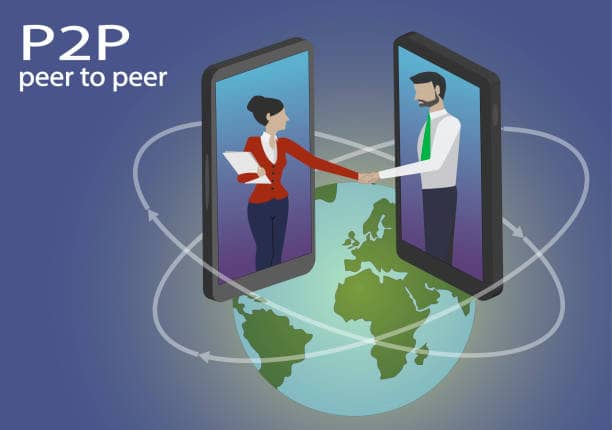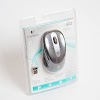What happens when you deliberately insert a bank card and prepaid phone card from your peer to peer file sharing service and measure how long it takes before someone tries to access the cards and issue them at a certain price? About a week ago, according to a study by Tiversa, a company that sells P2P security software.
Church Testimony Results About Peer To Peer File Sharing
The results were reported in the church's testimony today.
Investigators inserted a file called "credit card and phone.doc card numbers" into a PC using Limewire within the shared index, as part of testing earlier this year. Within a few days, bulk downloads were downloaded, and soon the total amount stored on both cards ran out.
This is the real situation. While I can't comment on whether peer to peer file sharing is legal, most people use this software on their PCs, and they can easily upload files to a shared folder that contains equally sensitive information. The problem is compounded when these services are run from corporate PCs, too.
So let's try something. If you are using a peer to peer file sharing service on your PC, take a moment now and see if you have set an indirect goal
Your Hard Drive Is Completely Set As Shared In Peer To Peer File Sharing
Have you set your hard drive completely as shared? Not a good idea. At least change the setting into a folder where your media files are found.
Is your hard disk in disrepair, and you don't pay much attention to where you store your files? Now is the time to look. Tiversa investigators found dozens of copies of passports and birth certificates, hundreds of tax copies, and student aid applications as they quickly searched the Grnutella network. It didn’t take them long to find these items, and when they downloaded a few samples they seemed to look like real McCoy.
Did file sharing software add folders other than the one where you deliberately store your music and videos? They’re ready to find all your media files somewhere, and if you have MP3 in the same location where you have your Quicken data, you could be in trouble. Spend time cleaning the house now.
Are you working on a PC used by your teens? You may save the work document in a shared folder, or unaware that a folder will later be shared.
Wrap Up
In a recent study conducted by Oster man Research, 71% of employees who responded to a survey checked work-related email from home to a non-employee computer. Work is done away from the office most of the time at all times.














0 Comments